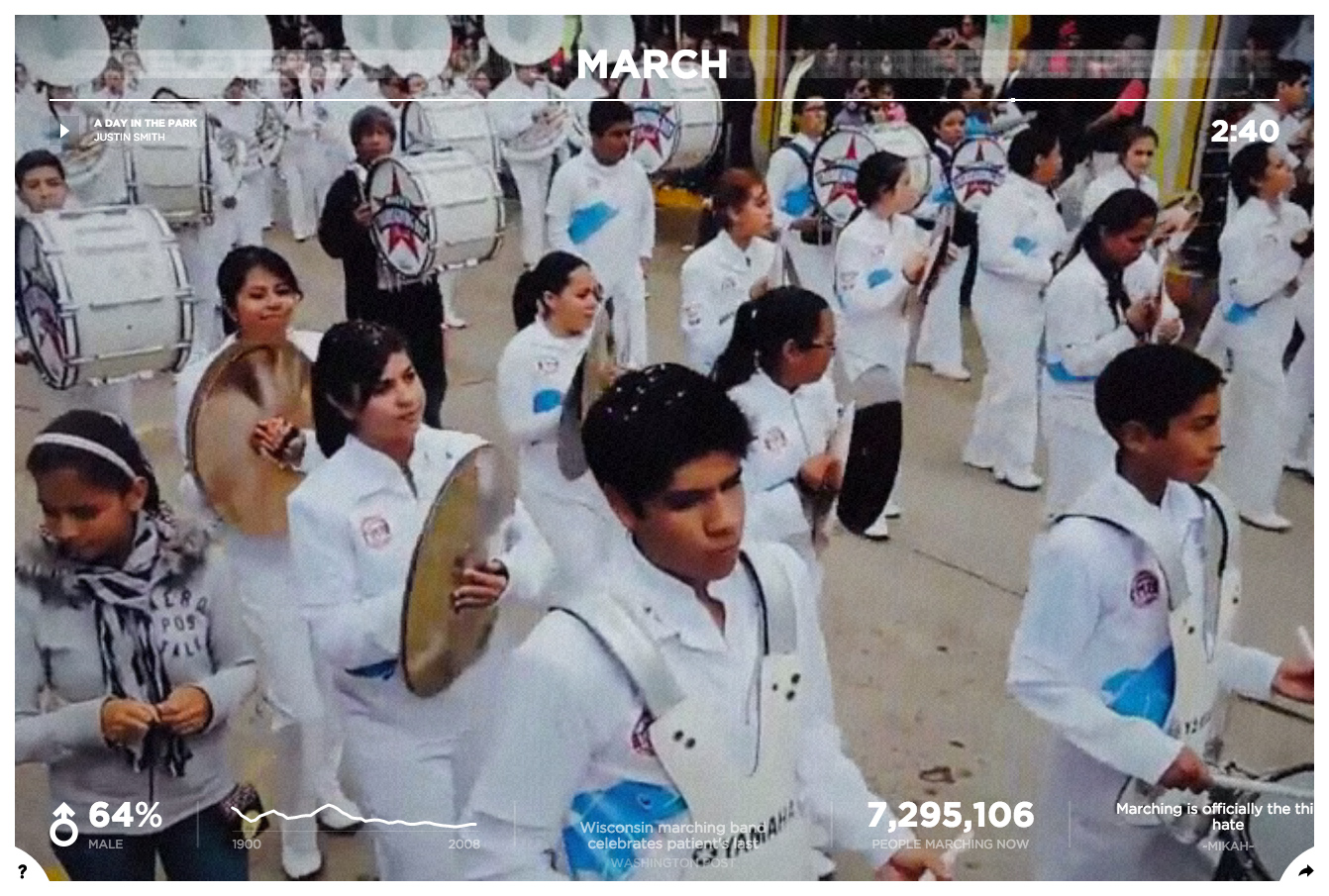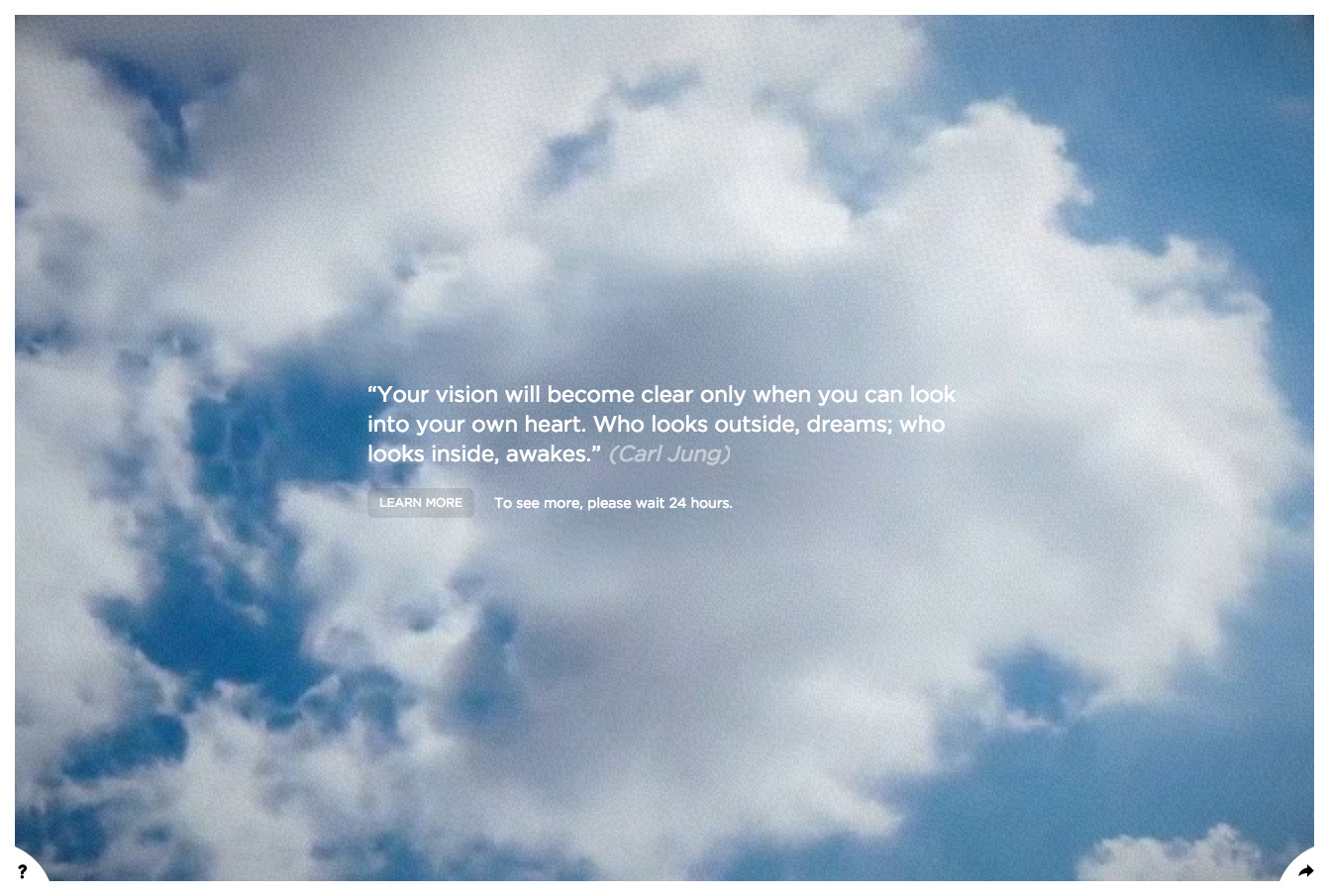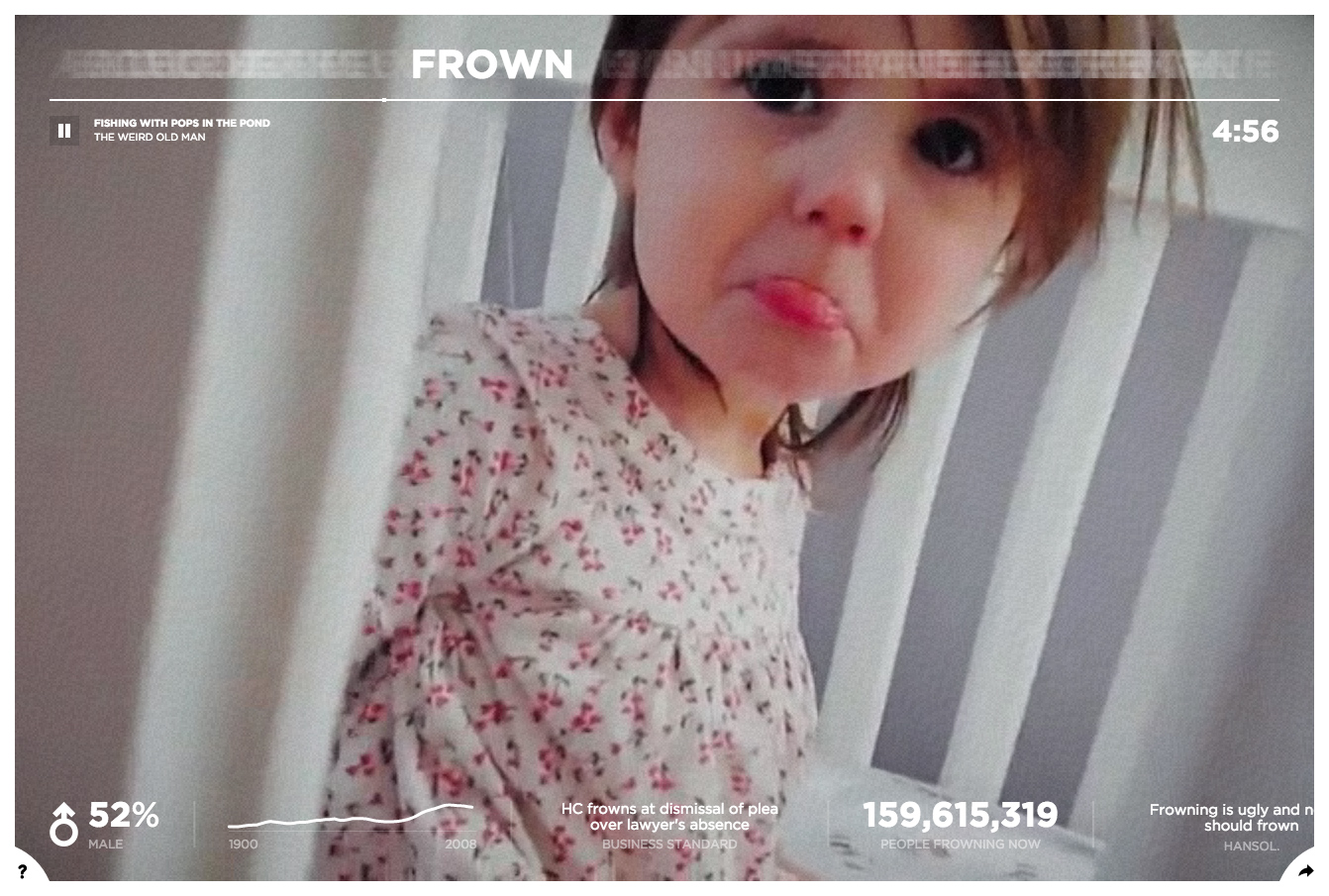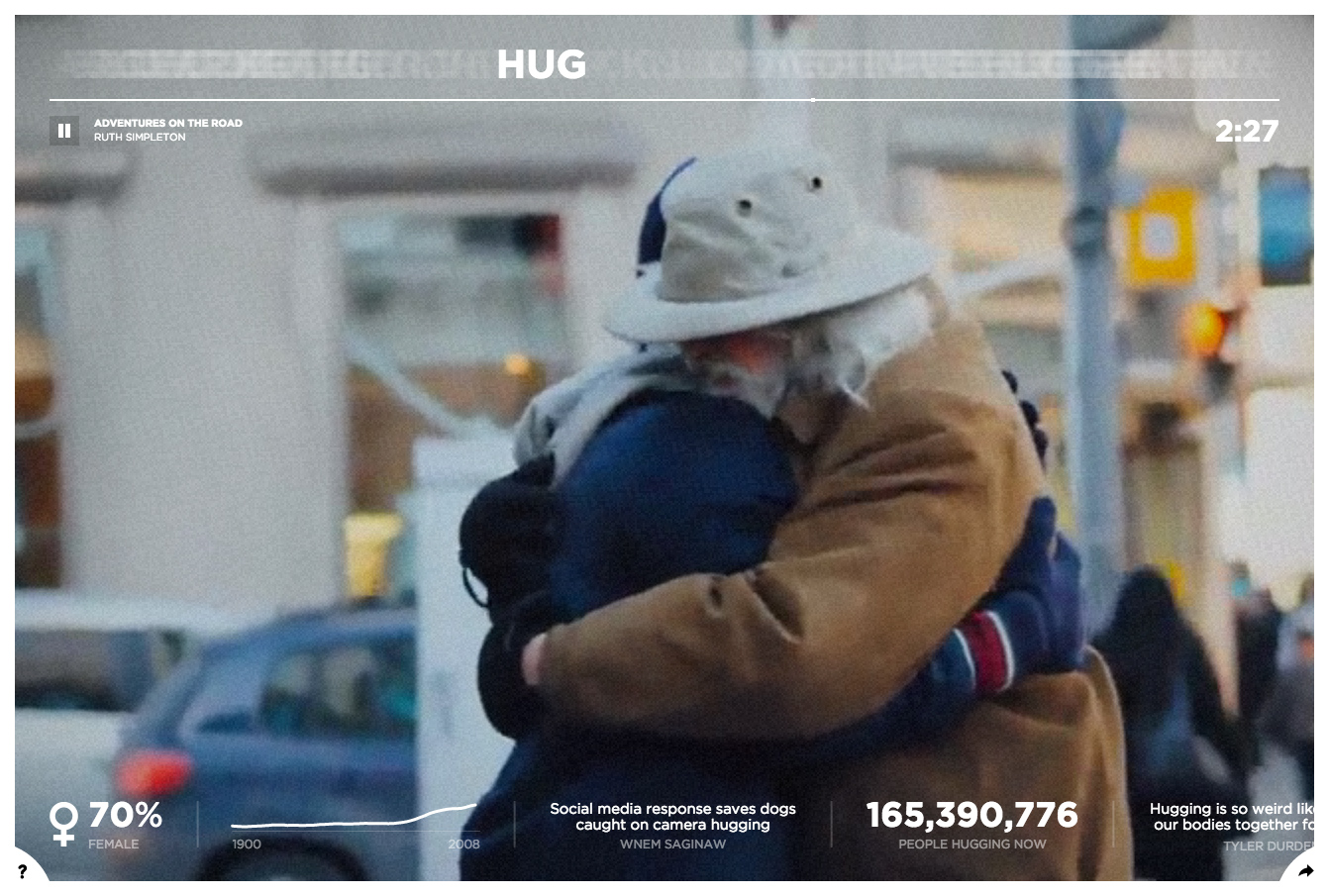

Why it’s time to declutter and disconnect
“The Internet is a miraculous tool, but all too often, it affects us like a drug,” say Jonathan Harris and Gregor Hochmuth, the creators of Network Effect, an immersive platform that explores the psychological effects of browsing the web. Enter the site and you’ll find a surreal but raw bricolage of video clips, statistics, lists, charts, tweets and recorded conversations that you can voyeuristically search through.
It feels like you can endlessly explore these various layers of data visualisation. In reality, there’s a timer based on your average life expectancy, (derived from your IP address location), which will lock you out after several minutes – a countdown designed to create a state of anxiety in the user. “We do not go away happier, more nourished, and wiser, but ever more anxious, distracted, and numb,” explain the creators. “Popular apps, news websites, and social networks have been carefully designed to addict and distract, so they can harvest human attention like the natural resource it is.”

Popular apps, news websites, and social networks have been carefully designed to addict and distract

Our findings, published in the Slow Report, show that 82% of people think they spend too much time online, and 56% of participants are increasingly trying to disconnect from technology. In effect consumers are tired of being overconnected. In order to reach them brands need to create unique content, which lives in a focused environment, be it a piece of exclusive editorial on a sleek website or an event at an immersive architectural space.



